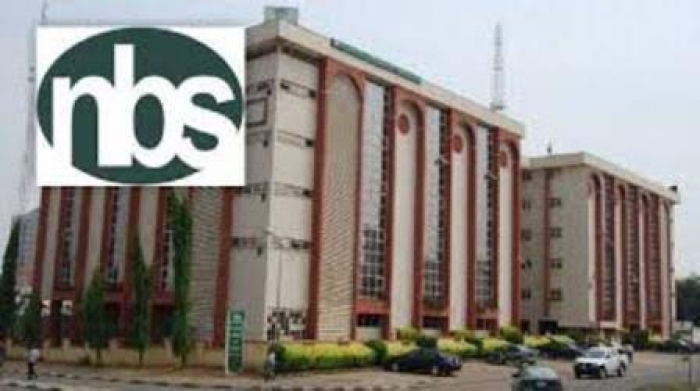The National Bureau of Statistics (NBS) has announced that Nigeria’s rebased gross domestic product (GDP) will include data on illegal economic activities such as prostitution, drug dealing, operations of illegal refineries, etc. The updated GDP figures, scheduled for release by the end of January, aim to provide a more comprehensive picture of the nation’s economy by capturing both formal and informal sectors.
Speaking during a sensitisation workshop on GDP and consumer price index (CPI) rebasing in Lagos, Moses Waniko, technical assistant to the statistician-general, explained that the exercise would reflect economic realities previously omitted from official records. “Illegal activities such as sex work and drug peddling are real contributors to income generation in society, even though they lack legal backing,” he said.
Waniko emphasized that GDP rebasing involves recalculating the economy’s size using updated prices and weights, a process critical for accurate economic planning. The year 2019 was chosen as the base year due to relative economic stability compared to the shocks experienced in 2020-2022.
Inclusion of Hidden Sectors
Aside from illegal activities, the rebasing exercise will also cover modular refineries, the digital economy, the Nigerian Social Insurance Trust Fund (NSITF), domestic households employing labor, pension fund administrators, the National Health Insurance Scheme (NHIS), and quarrying activities.
Waniko highlighted that these inclusions are essential for understanding the distribution and contributions of various sectors to the economy. “The size of the economy will be bigger after the rebasing,” he noted, adding that this could lead to changes in key economic indicators such as the tax-to-GDP ratio, debt-to-GDP ratio, and per-capita income.
Challenges in Measuring Illegal Activities
Baba Madhu, assistant director at the NBS, acknowledged the difficulties in capturing data on illegal economic activities. “For example, drug peddling and prostitution are illegal here, but they contribute significantly to incomes,” Madhu said. “The challenge lies in how to quantify and validate this data without legal frameworks supporting these activities.”
The NBS had previously announced plans to rebase the GDP to account for structural changes in the economy and align with international standards. The last rebasing was conducted in 2010, and moving forward, the exercise will occur every five years.
With this comprehensive rebasing, Nigeria seeks to reflect its true economic size, including contributions from previously untracked sectors. The results are expected to support better policy formulation and more accurate development planning.

































































